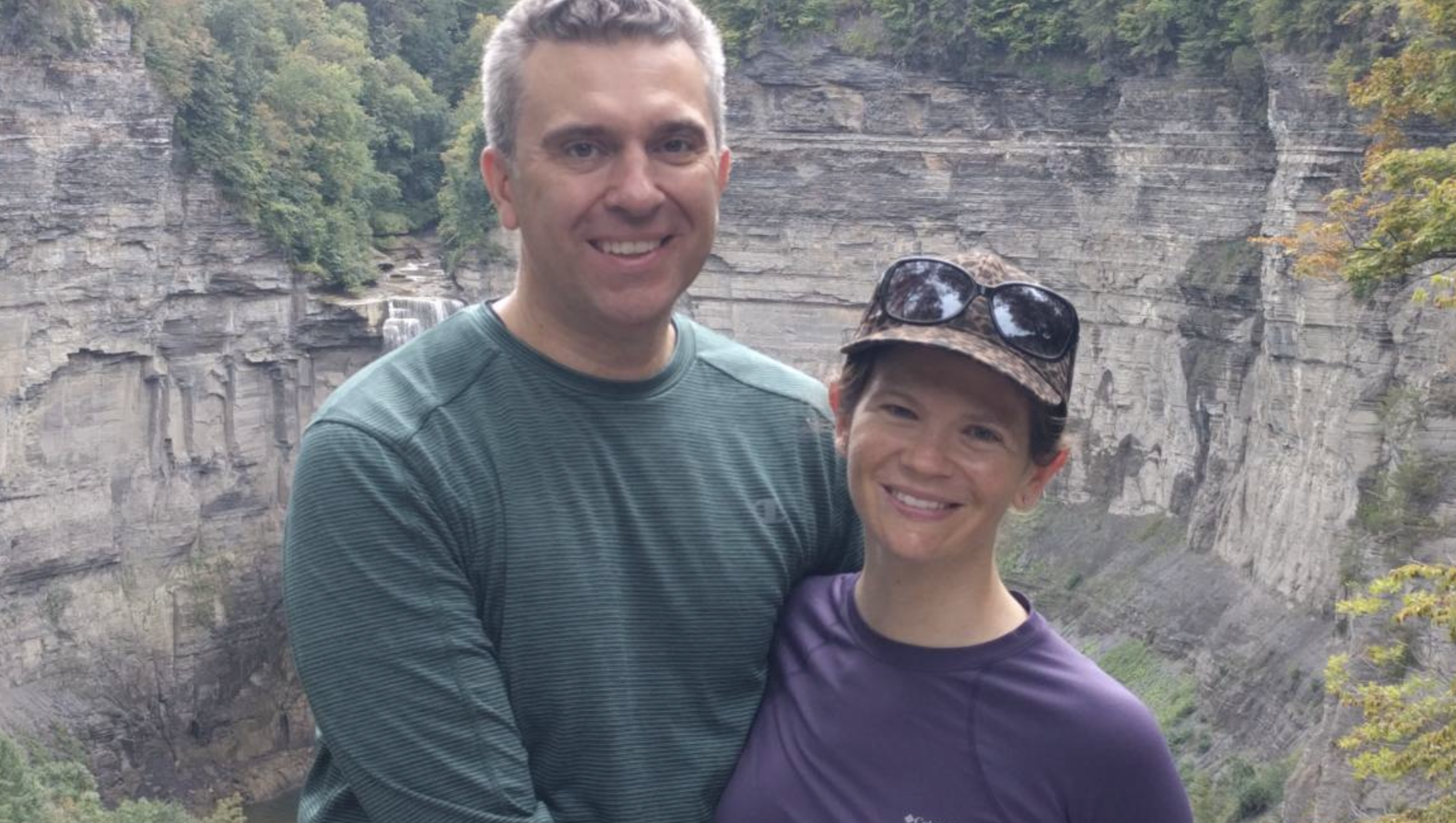
We are pleased to introduce our newest EIPM Member Peter Waltman, Ph.D.
Dr. Waltman is a Research Associate in Bioinformatics at the Englander Institute for Precision Medicine, working in the labs of Director Olivier Elemento, Ph.D., and Andrea Sboner, Ph.D., our Director of Informatics and Computational Biology.
We hope you enjoy learning more about his research interests and background.
Q: What makes your research unique? Can you share some recent findings?
A: I’ll admit that I feel a bit awkward in answering this question as I hesitate to think of myself or my research as being particularly unique, since I reserve that for faculty and principle investigators. That being said, having been in the field of computational biology for as long as I have, I started when the hot topic of the day was “Systems Biology,” or functional computational biology. At that point, which was prior to the short-read technology revolution, the focus on “unlocking” the “secrets” of the cellular mechanisms driving cellular biology, e.g. network inference and co-expression analyses.
Like many others that were a part of my cohort, my career has gravitated over time towards genomics and personalized medicine, however, my background in systems biology can still help shape how I approach a problem. For example, in my last position, I worked on a personalized medicine project to identify mutations to target for immunotherapy for a patient with a rectal neuroendocrine cancer who had both DNA and RNA sequencing performed. However, once we had identified a set of candidate genomic mutations, it became clear that some of these would yield different peptides, depending on the protein isoform one considered. For that reason, we incorporated the expression data to determine final set of candidates.
It is precisely this type of integrative approach that I hope to bring with me in my work here at Weill Cornell Medicine.
Q: What excites you about your work?
A: In general, what has always excited me about my work is the opportunity that it presents to work on things that can be of real benefit to both the individual and to society as a whole – as corny as that may sound to some. Obviously, as someone on the computational side, there’s always the lure of switching to tech and data science, but after spending several years in tech, during the days of the dotcom bubble, I know that it’s not something that I’d enjoy doing – at least not in the long term.
Q: When thinking about your research, what are some of the recent breakthroughs that are propelling the field forward?
A: While this isn’t a specific discovery, per se, I believe that single-cell sequencing holds an amazing potential to dramatically improve our understanding of cancer. As an example of this, a recent paper by Nathan Fowler’s group reports that they used an analysis of scRNA to identify distinct tumor microenvironment subtypes that they argue can be used to inform patient treatment.
Q: How will this work impact healthcare and patient care in the future?
A: At this point, that’s a good question. I’m quite sure that I’m not alone in having seen enough technicolor TSNE’s plots that are beautiful, but whose diagnostic and clinical relevance are questionable to wonder if and when scRNA technology will ever be robust enough to deliver actionable clinical insights. However, it’s important to remember that these are still early days, and it’s still an evolving technology.
Q: How has the Covid-19 pandemic affected your work and personal life?
A: Thankfully, no one in my immediate and extended family has contracted COVID-19 – at least, not to our knowledge – and no one has passed away from it. That being said, my wife and I, along with our now, 2-year-old daughter were part of the exodus of families with young children out of NYC at the start of the pandemic. Unfortunately, once we lost our childcare when the pandemic started, we – like thousands of other families – found it overwhelming trying to balance work and childcare, so we came down to rural Florida, where my wife grew up, and where we were able to get help with childcare from her family – at least at the start of the pandemic.
Since this is rural Florida (about 2 hours north of Tampa), it’s certainly been an experience that has been very different than New York City, and we’re quite ready to return. However, while we’ve been down here, we’ve discovered that our daughter requires special needs education services.
Unfortunately, one of the long-term effects of the pandemic has been a significant disruption of the delivery of special needs education in New York City for children like mine (fewer providers, longer wait times, etc.). So, as much as we would like to return, the consensus advice from the NYC-based early intervention providers is to stick it out where we are – at least for the time being – until things start getting back to normal for special needs education in the city. So, while we haven’t experienced any of the adverse health effects from COVID-19, we – like thousands of other families – are still coping with the aftermath, in ways that are not typically at the forefront of people’s minds when they think of the disease.
# # #
